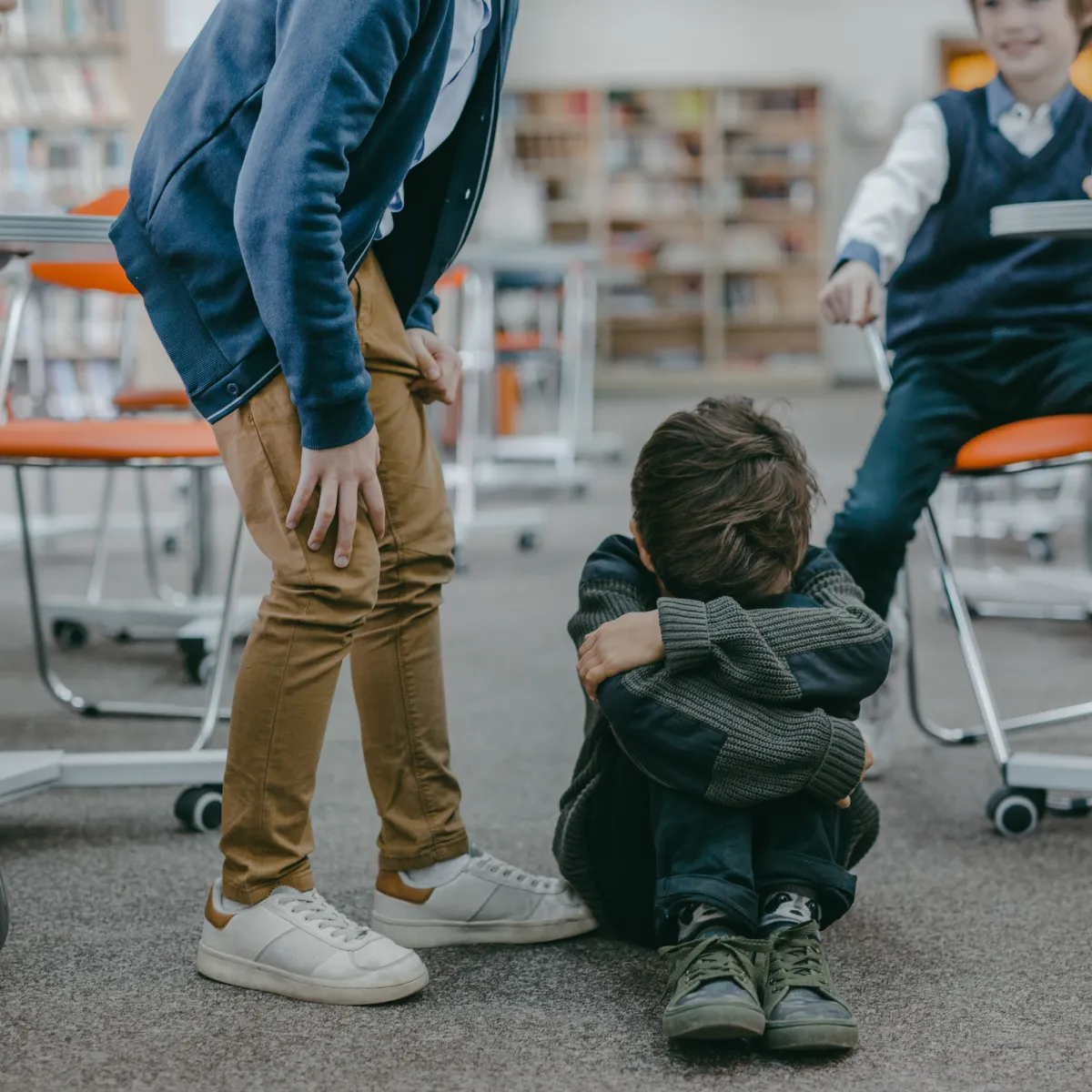
Bullying

Bullying is repeated aggression either verbally, psychologically, physically, racially, sexually or relationally by an individual or by a group of people. (apa.org)
*Bullying is intentional. The bully deliberately sets out to target someone.
*Bullying is repetitive and often happens frequently and relentlessly.
*Bullying abuse of power. The bully has the upper hand or advantage over the other person.
No one should have to face bullying alone. For a child, it consumes their thoughts and they continually worry about what is going to happen next. They often feels alone or like there is something wrong with them.
5 Common Myths about bullying:
1. I was bullied and it never hurt me.
This is false. If you were bullied, it did affects you. Any type of bullying is harmful and can have long-term, damaging effect.
2. They are only teasing.
There is a huge difference between teasing and bullying. Teasing isn’t meant to bring harm. Bullying damages the self-esteem and confidence.
3. They’ll have to learn to stand up for themself.
A person being bullied may have tried to stand up for themselves and it hasn’t worked. When a child asks for help it is typically because they have exhausted all other options.
4. Fight back.
The person who bullies often chooses someone who is more vulnerable. Encouraging someone to fight back gives them the message that violence and aggression is acceptable. This contributes to the negative cycle.
5. It will toughen them up and make them stronger.
No! Bullying damages self-esteem, causes distrust and can affect relationships with family and peers. Sometimes, the person being bullied takes on the bullying behaviors and targets others.
